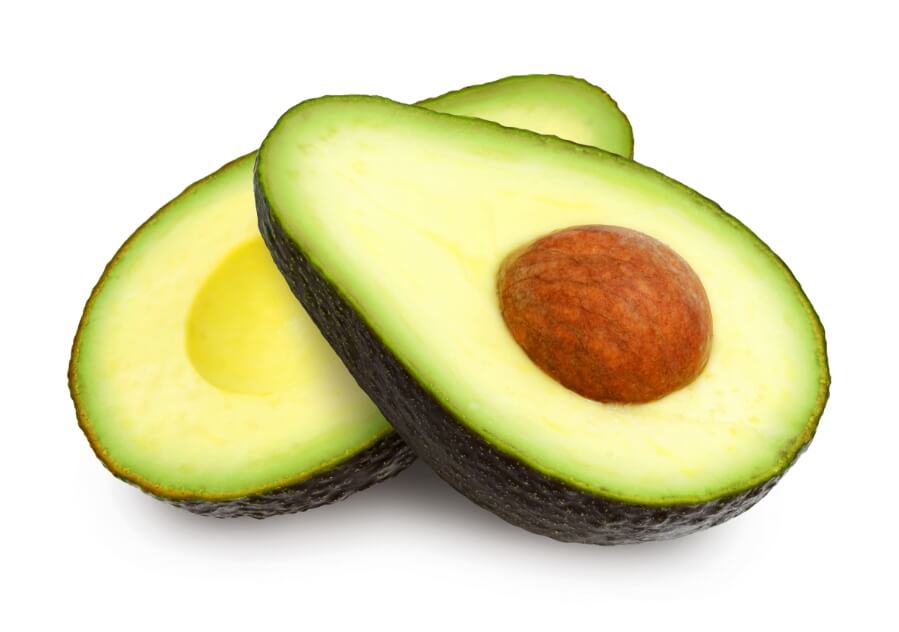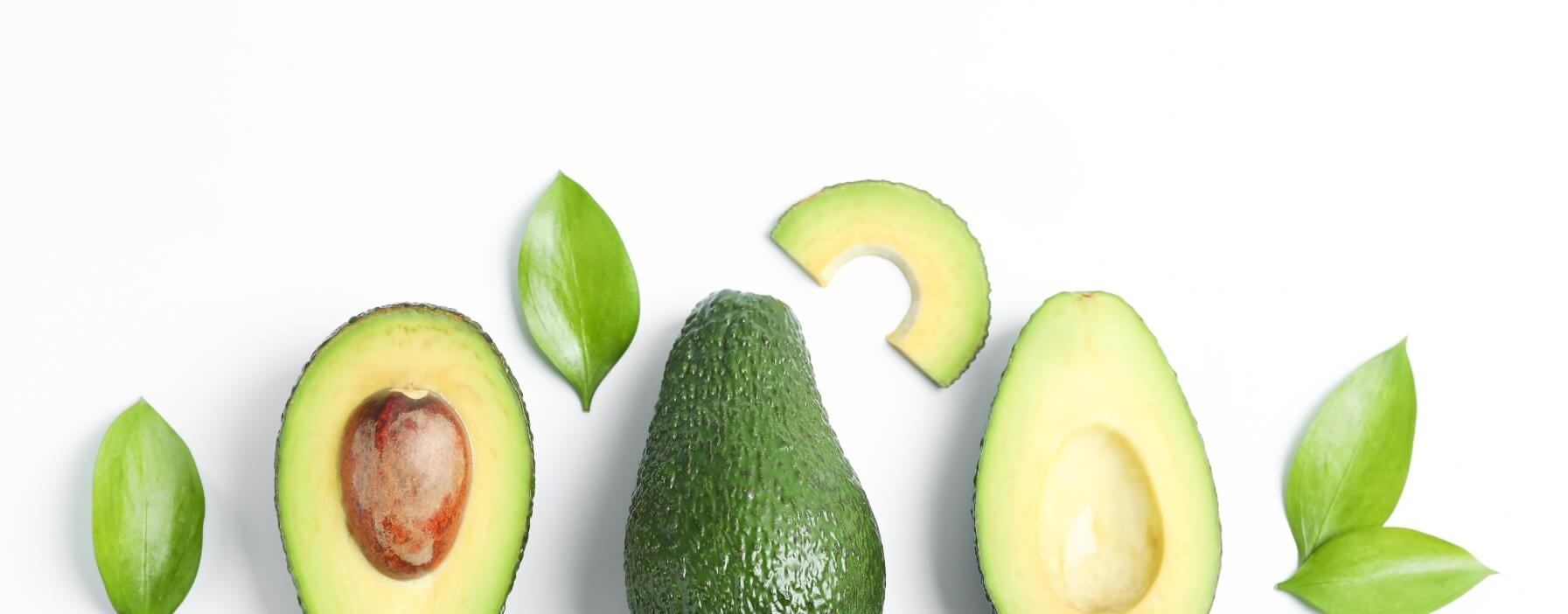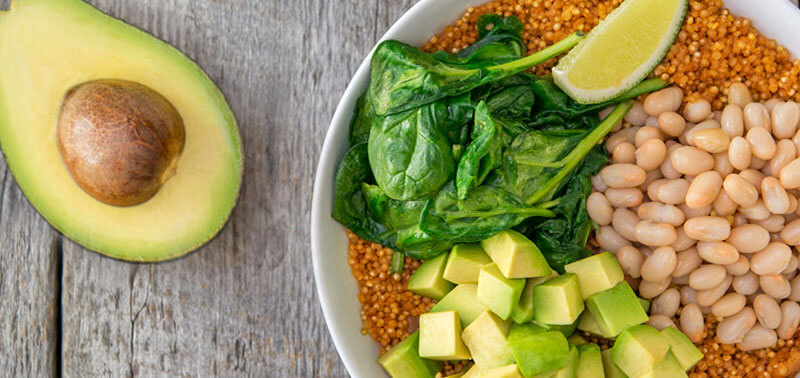Adjusting to a new diet takes intentional work. Depending on your weight goals, dietary needs or medical requirements, you might need to modify your fat or carbohydrate intake or limit added sugars. Such changes should be guided by healthcare or nutritional advice to ensure they meet your overall health goals. While these lifestyle changes are best for your health, they take discipline —and you may not always be able to eat your favorite foods if you want to lose weight.
If one of your favorite foods is avocado, fear not: the nutritional makeup of avocados makes them a perfect complement to most diets. These delicious fruits provide essential vitamins and minerals to help you feel your best throughout your dietary changes! Whether you need more fiber or healthy fats in your diet, avocados can help.

Examining the Nutritional Profile of Avocados
To understand how avocados fit into different diets, look at their nutritional profile. Avocados have a unique nutritional composition, offering fiber, healthy fats, and multiple essential vitamins and minerals. Here’s what a typical 50g serving of avocado can contribute to your diet:
Healthy fats
Avocados contain 5 g of monounsaturated fats per serving, which may support heart health and weight management when part of a healthy diet.
Dietary fiber
Each serving offers 3 g of fiber, helping you feel fuller for longer, and potentially helping you manage your weight.
Vitamins and minerals
Avocados contribute 10% DV of Vitamin K, 6% DV of Vitamin E, 4% DV of Vitamin C, 6% DV of potassium, 10% DV of folate, and 4% DV of magnesium, per serving.
This nutrient-dense profile makes avocados a valuable addition to many diets.
Diets That Support Avocado Consumption
While not every diet will let you eat as many avocados as you want, they’re often a perfect supplement to your meal plans. Their nutritional makeup and low carbohydrate content per serving make them a staple for many health-conscious eaters.
Can You Eat Avocados on a Keto Diet?

The ketogenic, or keto, diet relies less on foods with carbohydrates and opts for those with healthy fats and protein to stimulate a state of ketosis, in which the body burns fat for energy instead of the glucose created from carbohydrates. When your body is in a state of ketosis, it often results in weight loss and lower blood sugars.
Avocados are a low carb food and a perfect match for the keto diet. With just 4 g of net carbohydrates and 6 g of healthy fats per 50 g serving, avocados are ideal for keto-friendly meals and snacks. Their monounsaturated fats support heart health while enhancing the creamy texture of keto staples like salads and smoothies. Adding avocados to your meals may help you feel fuller and support your weight loss efforts.
The Mediterranean diet focuses on whole, nutrient-dense foods, such as vegetables, fruits, legumes, nuts, whole grains, and healthy fats, including olive oil and fatty fish. This eating pattern encourages the consumption of monounsaturated fats and fiber-rich foods.
Avocados are among the best foods for the Mediterranean diet. One serving contains 5 g of monounsaturated fats, which aligns with the diet’s focus on heart health. It also provides 3 g of dietary fiber, which supports digestion and satiety. Incorporating avocados into a Mediterranean-style meal plan can diversify your meals while maintaining the diet’s nutritional benefits.
Can You Eat Avocados on a Mediterranean Diet?

Can You Eat Avocados on a DASH Diet?

The DASH diet, which stands for Dietary Approaches to Stop Hypertension, involves reducing your sodium intake and eating foods rich in nutrients like potassium, calcium, and magnesium to help manage blood pressure. This eating plan encourages the consumption of fruits, vegetables, whole grains, and healthy fats.
Avocados fit well into the DASH diet. According to a 2023 study that evaluated the eating habits of over 67,000 Mexican women, those who ate more avocados had lower rates of hypertension compared to those who did not. This is because avocados are sodium-free and contain 6 g of unsaturated fats per 50 g, which help manage cholesterol levels and blood pressure. They also contain 3 g of dietary fiber per serving, which is known to help support healthy blood pressure levels. These qualities make avocados the perfect addition to meals designed for heart health and blood pressure management.
The Paleo diet involves eating whole, unprocessed foods such as meats, fish, fruits, vegetables, nuts, and seeds while avoiding processed foods, grains, dairy, and added sugars.
Avocados are a perfect match for the Paleo diet. They are sugar free and do not contain artificial ingredients, and their 6 g of healthy fats per 50 g serving align with the diet’s focus on nutrient-dense foods. Whether used as a topping, blended into dressings, or eaten on their own, avocados offer a versatile and satisfying option for Paleo followers.
Can You Eat Avocados on a Paleo Diet?

Can You Eat Avocados on a Carnivore Diet?

The carnivore diet, an ultra-low-carb eating plan, consists primarily of animal-based foods such as meat, fish, and eggs. It often excludes all plant-based items. However, some variations of the diet allow the inclusion of plant foods that have healthy fats.
For example, some carnivore diet enthusiasts only eat fruits or vegetables that contain healthy fats. Avocados can be a great addition for those who follow a more flexible carnivore diet, as 50 g of avocado offers 6 g of healthy fats without added sugars or starches.
Weight Watchers, now known as WW, helps members make healthier food choices through a points-based system, assigning foods a value based on calories, sugar, saturated fat, and protein content. This system encourages balanced eating and mindful portion control.
Avocados are a satisfying option within the WW program, with a quarter of an avocado assigned 5 points. While avocados are relatively high in WW points, their nutritional benefits make them a worthwhile choice for many. Their healthy fats and fiber content promote satiety, helping you feel full and satisfied for longer. This makes avocados a valuable addition to WW-friendly meals and snacks, even in smaller portions.
Can You Eat Avocados on Weight Watchers?

Can You Eat Avocados on Vegetarian and Vegan Diets?

Vegetarian and vegan diets focus on plant-based eating. Vegetarians avoid meat and fish, while vegans exclude all animal-derived products. Both diets emphasize fruits, vegetables, legumes, grains, nuts, and seeds.
Avocados are a fruit that comes from a plant. Therefore, they are perfect for a plant-based diet. Many vegan and vegetarian dieters even use avocados as a substitute for animal-based fats in many recipes, including baking. Whether used as a base for sauces, spread on toast, or included in salads, avocados can enhance meals while aligning with the principles of these diets.
How Avocados Can Support Your Health and Weight Loss
Even if you’re not following one strict diet pattern or mixing different meal plans to suit your needs, avocados could be your secret weapon. Their nutritional profile suits anyone trying to lose or manage weight, as they are a superfood. Whether you’re trying to curb your snacking habit or offset the symptoms of diabetes, avocados can help.
Satiety
Avocados help to regulate appetite because they contain 3 g of fiber and 5 g of monounsaturated fats in one serving. These nutrients slow digestion, helping you feel full and satisfied for longer after meals. This can reduce the urge to eat more between meals and sustain your caloric intake, which is integral to weight management efforts.
Blood Sugar Control
With just 6 grams of healthy fats and 3 grams of fiber per serving, avocados can help regulate blood sugar by slowing the digestion and absorption of carbohydrates. This process minimizes the sharp spikes and crashes in blood glucose often caused by high-carbohydrate foods. Unlike foods rich in simple carbs that are quickly broken down and absorbed, the fiber and healthy fats in avocados support a gradual release of energy, helping promote stable blood sugar levels throughout the day.
Improved Nutrition
A serving of avocado (50 g) contributes 6% DV of potassium, 10% DV of folate, 6% DV of vitamin E, and 4% DV of vitamin C, all of which are crucial for overall health. These nutrients support heart health and bolster immune function.
Whether you’re following a keto, Mediterranean, DASH, or vegetarian diet — or simply looking to enhance the nutritional quality of your meals — avocados do more than just make your toast look pretty. By incorporating this superfood into your diet, you can enjoy delicious meals that support your health goals without sacrificing taste or satisfaction.
Ready to explore more ways to include avocados in your diet? Check out Love One Today’s avocado recipes, developed primarily by Registered Dietitians and tested for deliciousness and nutrition value. Whether you’re eating keto, going vegan, or just want a snack under 200 calories, we have something for you.





